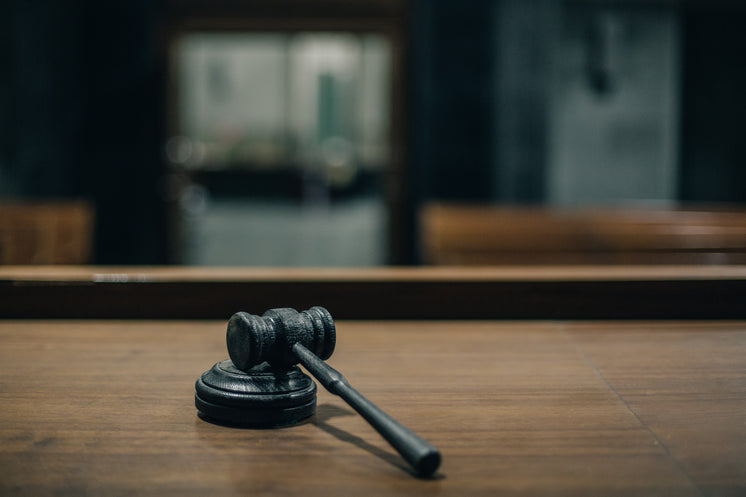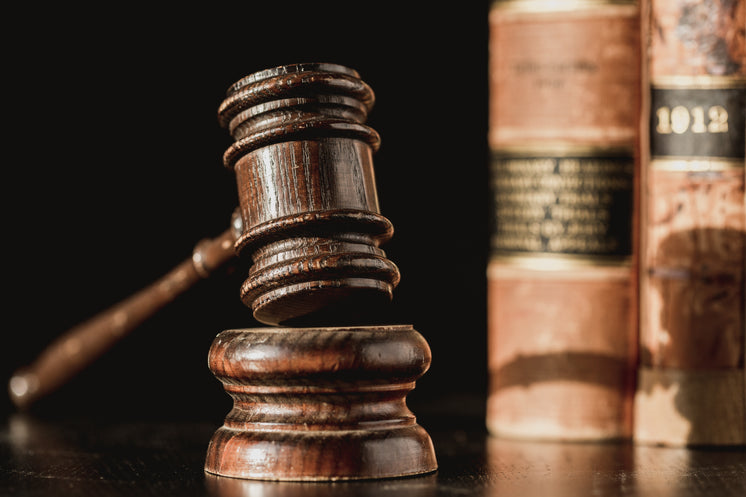zanewienholt1
About zanewienholt1
Law court mistakes in the UK are a critical issue that undermines public confidence.
 To sum up, law court accidents in the UK are a persistent issue that deserves more attention. While courts are primarily places of law and order, they are also physical spaces that must adhere to health and safety standards like any other public facility. Whether through slip hazards, poor infrastructure, or negligence in maintenance, these accidents can have serious legal and financial consequences.
To sum up, law court accidents in the UK are a persistent issue that deserves more attention. While courts are primarily places of law and order, they are also physical spaces that must adhere to health and safety standards like any other public facility. Whether through slip hazards, poor infrastructure, or negligence in maintenance, these accidents can have serious legal and financial consequences.
Ultimately, mistakes in UK law courts are an ongoing problem in any complex legal system. While many safeguards exist to protect against error, they are not always effective, especially for those with limited means or facing systemic bias. From the wrongful convictions of the past to present-day digital errors, the need for vigilance, reform, and fairness remains constant.
The role of the media also plays into the justice process. In some high-profile cases, media coverage can influence public opinion or put pressure on courts, potentially leading to rushed or biased judgments. This is particularly relevant in sensitive cases involving celebrities, political figures, or contentious social issues.
Physical mishaps inside UK courts can happen for a variety of reasons. These include falling hazards, poorly maintained infrastructure, inadequate signage, faulty lifts, or overcrowding. Especially in buildings with aging infrastructure, maintenance issues can increase the likelihood of injury. Cracked tiles, exposed wiring, or uneven staircases have all contributed to documented incidents in court facilities across the country.
Witness support officers. They provide emotional support and help witnesses feel comfortable while testifying. This is particularly important in cases involving trauma or sensitive matters, such as domestic violence or child abuse. Witness support officers may also guide witnesses through the legal process, ensuring they understand what is expected of them and helping to reduce any anxiety or stress.
The Irish court system has also embraced modernisation in recent years. Technological upgrades, including electronic filing, virtual hearings, and case management systems, have been implemented to improve efficiency. The COVID-19 pandemic accelerated these reforms, with remote hearings becoming more common in both civil and criminal matters.
A fundamental element of UK court proceedings is the importance of transparency. Court hearings are typically open to the public, and judgments are often published, ensuring that the judicial process is accountable and that the public can understand how decisions are made. In some sensitive cases, such as those involving national security or the safety of vulnerable individuals, certain parts of the proceedings may be closed to the public, but these instances are rare.
The Health and Safety at Work etc. Act 1974 applies to court buildings just like any other workplace. This legislation requires employers and property managers to ensure the safety of staff and visitors. This duty of care extends to risk assessments, proper maintenance of facilities, and prompt response to hazards. If you loved this article and you would like to obtain more details relating to UK local law firm kindly visit our web site. If the responsible party is found negligent, they may be liable for compensation.
A growing issue arises with incidents involving defendants in custody. In some situations, people have been injured during physical altercations or when court security personnel use restraint techniques. While such incidents are often necessary for safety, they can also result in unintended injuries. Cases involving excessive force or lack of proper training have led to legal scrutiny and calls for better handling procedures.
At the first instance, the Magistrates’ Courts deal with minor criminal offences, preliminary hearings, and some civil matters. These courts are often presided over by district judges or lay magistrates. They form the backbone of the criminal justice system.
Although Northern Ireland is part of the UK, it maintains its autonomous legal structure, separate from those of England and Wales and Scotland. This system is rooted in common law, but it is tailored to the region’s specific legal, historical, and political context.
Even though courts are associated with justice and legal proceedings, they are also public buildings—meaning they are not immune to mishaps that can affect staff, visitors, legal professionals, or even defendants.
 Magistrates are essential members of the judicial system are typically lay individuals, meaning they do not have formal legal qualifications but are trained to apply the law. They typically deal with minor criminal offenses, traffic violations, and family law cases. Magistrates serve on panels with a chairperson, who has more experience in the law, and their role is to assess the evidence, question witnesses, and make decisions based on the law and facts presented in the case. While they lack the formal legal training of a judge, magistrates are crucial to the efficiency of the court system, especially in handling cases that do not require a full trial.
Magistrates are essential members of the judicial system are typically lay individuals, meaning they do not have formal legal qualifications but are trained to apply the law. They typically deal with minor criminal offenses, traffic violations, and family law cases. Magistrates serve on panels with a chairperson, who has more experience in the law, and their role is to assess the evidence, question witnesses, and make decisions based on the law and facts presented in the case. While they lack the formal legal training of a judge, magistrates are crucial to the efficiency of the court system, especially in handling cases that do not require a full trial.
No listing found.
